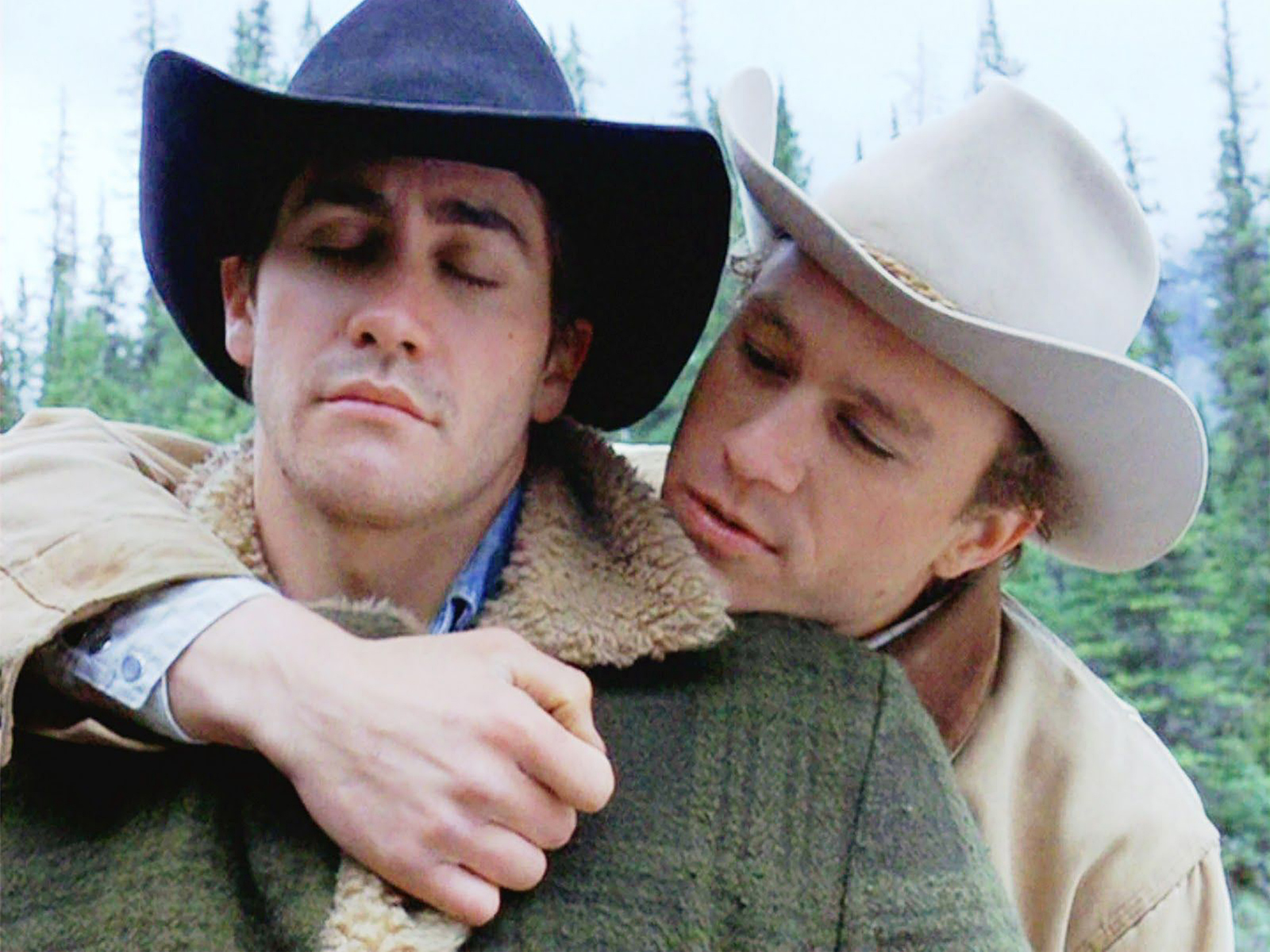
- Industry
LGBTQ on Film: A History of Love
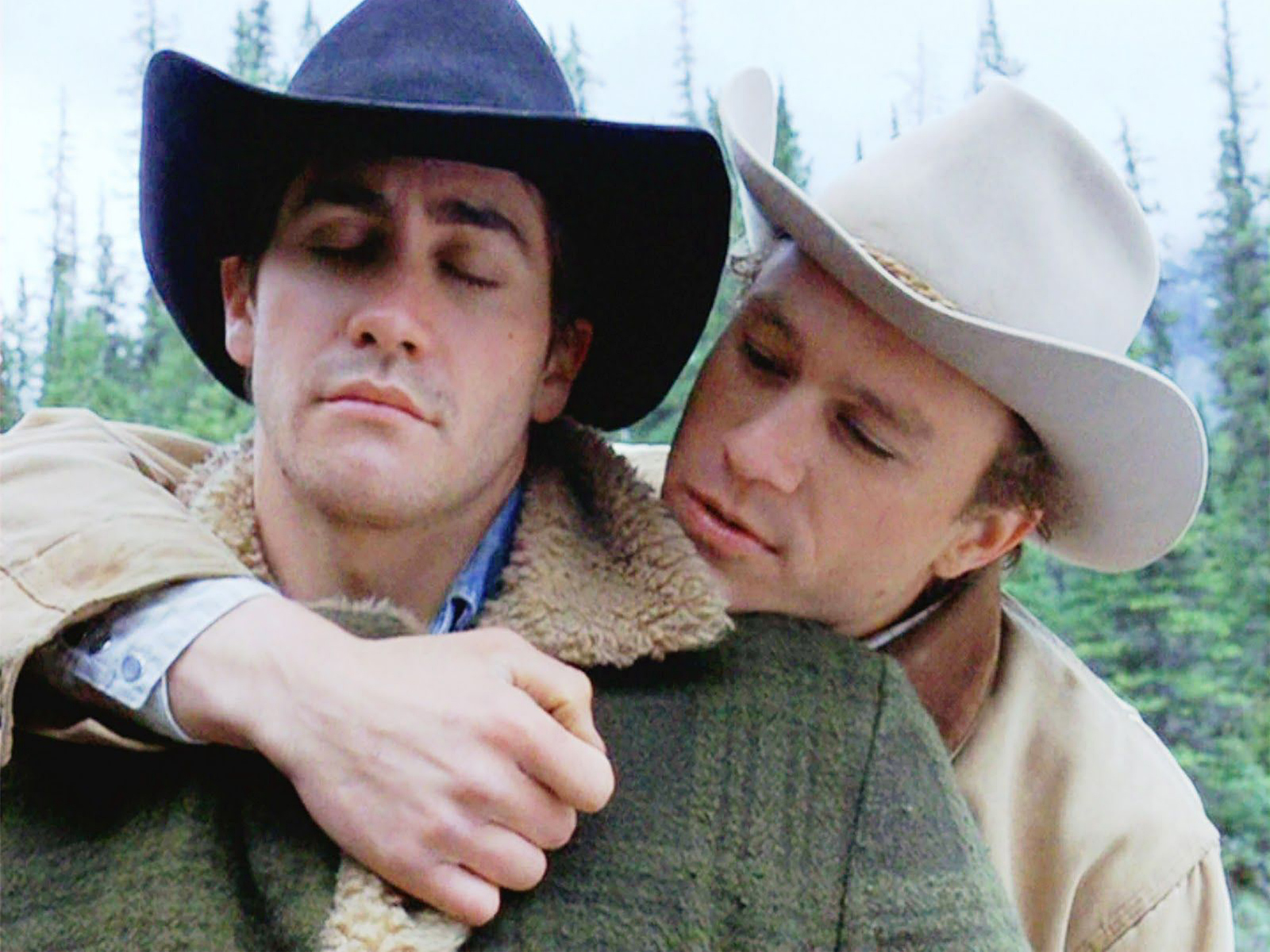
Originally published: June 8, 2021 (Reposted in honor of LGBTQ+ Pride Month)
The freedom to be who you are – so many people take our right to self to actualize, to be our best selves, to love who we love – for granted, but what if who you are, who you love, how you dress or express yourself made you the target of discrimination, open to attack, ridicule, lawful inequity, even death?
What if the very person you are allowed society to restrict your rights and freedoms? That has been the plight of the LGBTQ community, and in many places in the world self-expression as a lesbian, gay, bi, trans, or queer person has serious and dire consequences still today.
Entertainment has long been a field where the LGBTQ community has found a home, openly, in auxiliary fields like hair, makeup, and wardrobe, while having to stay closeted if working in front of the camera.
Recently stories reflecting LGBTQ lives have moved into the lens, not just as the focus, but also as an aside in shows like Ginny and Georgia, Call My Agent, Mare of Easttown, P-Valley, Killing Eve, and a host of other shows that represent the LGBTQ community without fanfare. No longer the ‘best friend’, or tragic next-door neighbor, Hollywood has finally found the courage to tell stories where marginalized people are part of the cast in unremarkable ways, that in and of itself, is remarkable. Let’s look back at some – not all – of the impactful films that shifted the paradigm towards inclusion over cinema’s history.
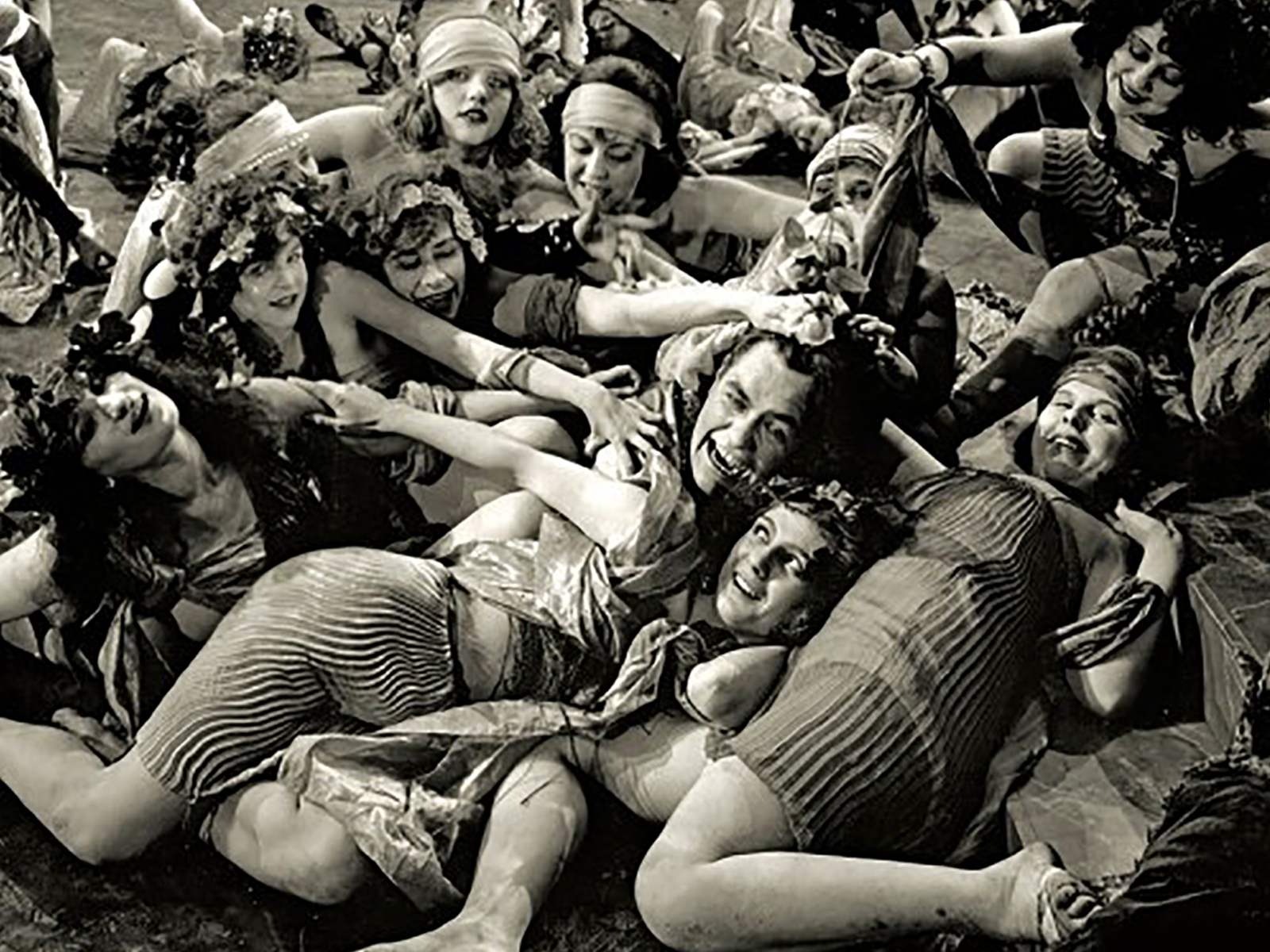
Some people view the fight for LGBTQ representation and inclusion to be a recent drive, but back in 1922, Cecil B. deMille’s Manslaughter was one of the earliest documentations of two men kissing on screen.
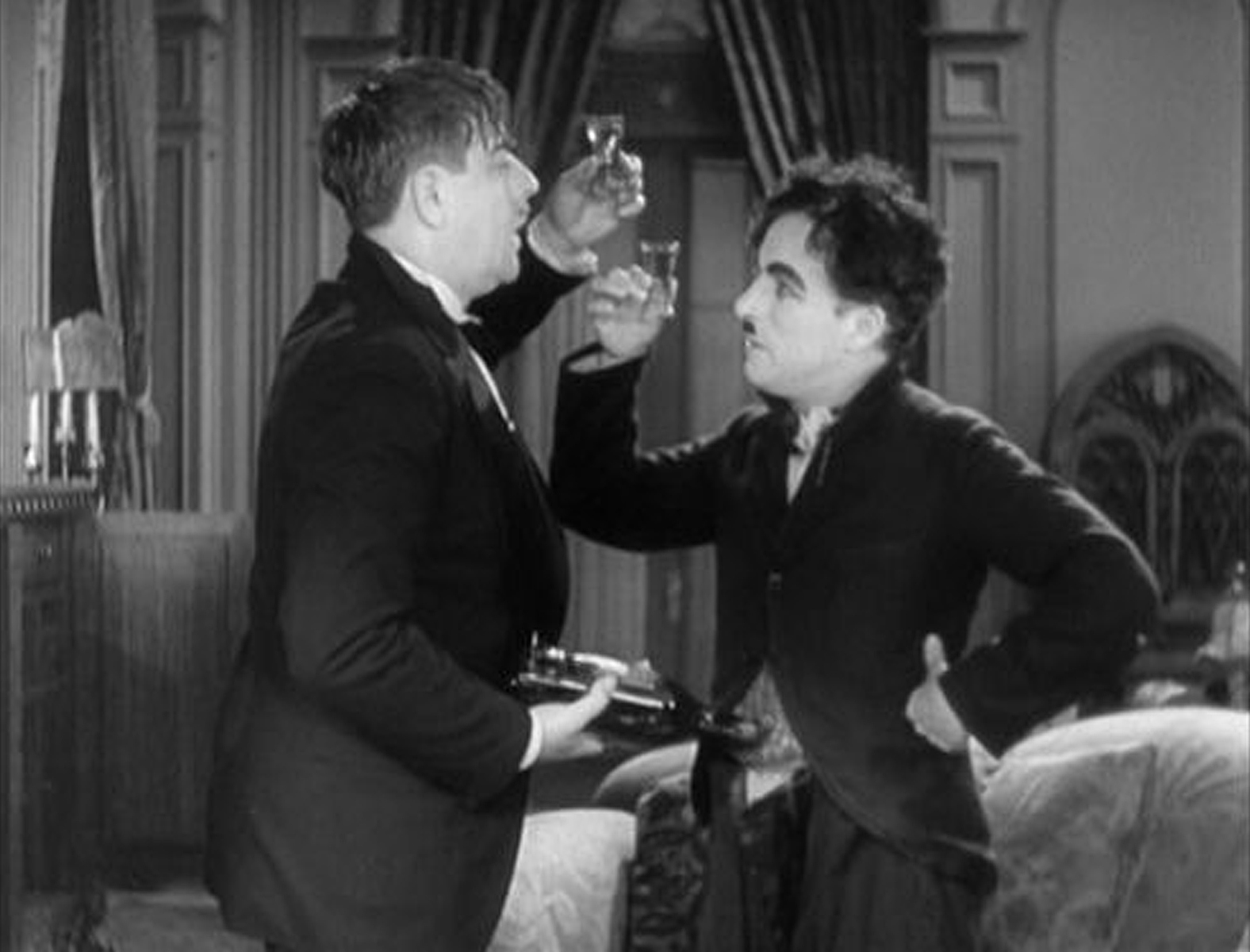
Charlie Chaplin is still considered one of the all-time greats of entertainment, but few recall that his City Lights depicts a sexual encounter between Chaplin and Harry Myers, whom he later kisses in a scene. Shortly thereafter the ‘Hays Code’ categorized same-sex conduct as deviant. Subsequently, gay relationships were implied rather than demonstrated.
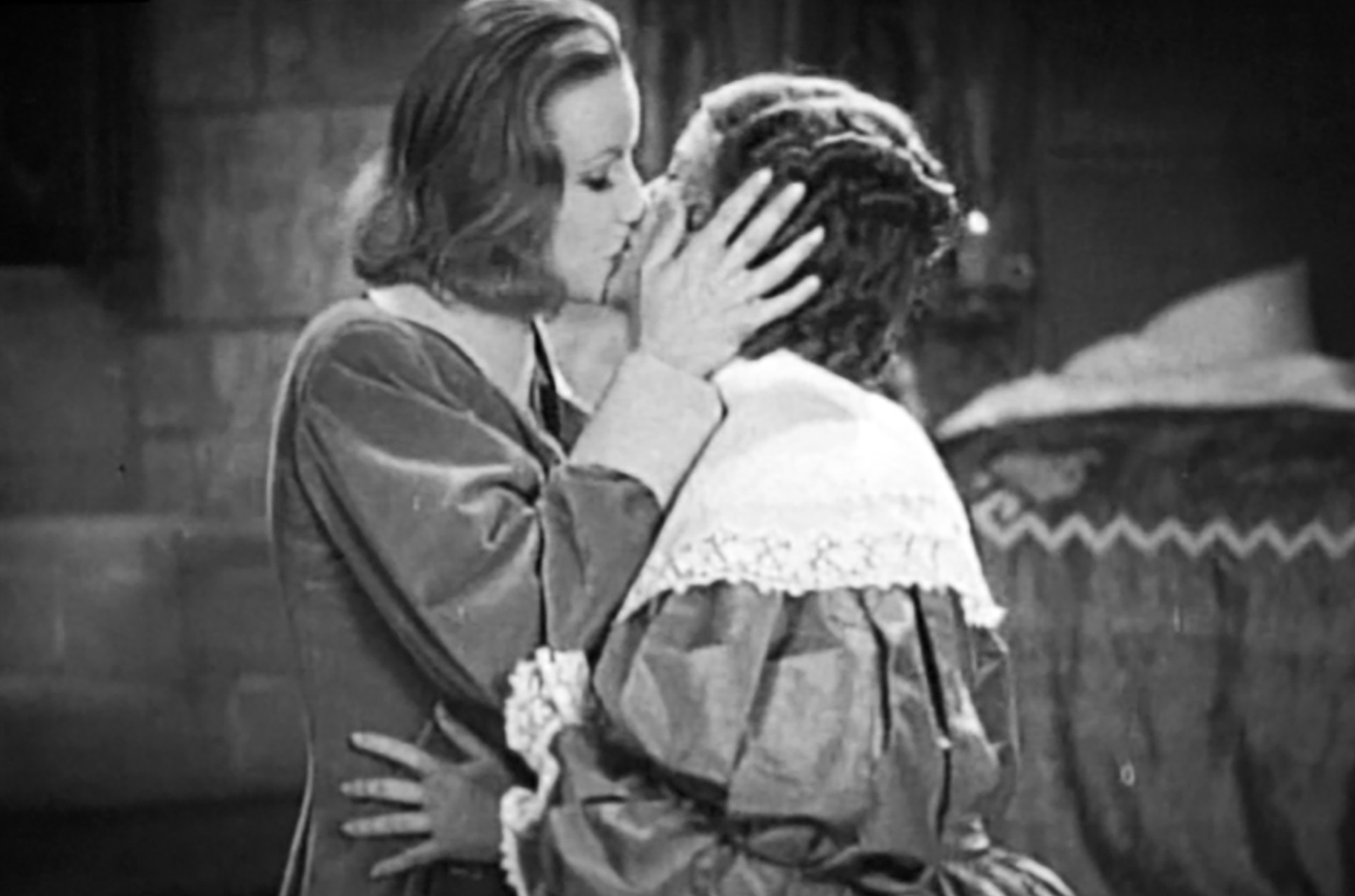
In 1933 Greta Garbo’s Queen Christina portrays the famous star kissing another woman but it was Marlene Dietrich who broke the barrier in Morocco three years earlier.
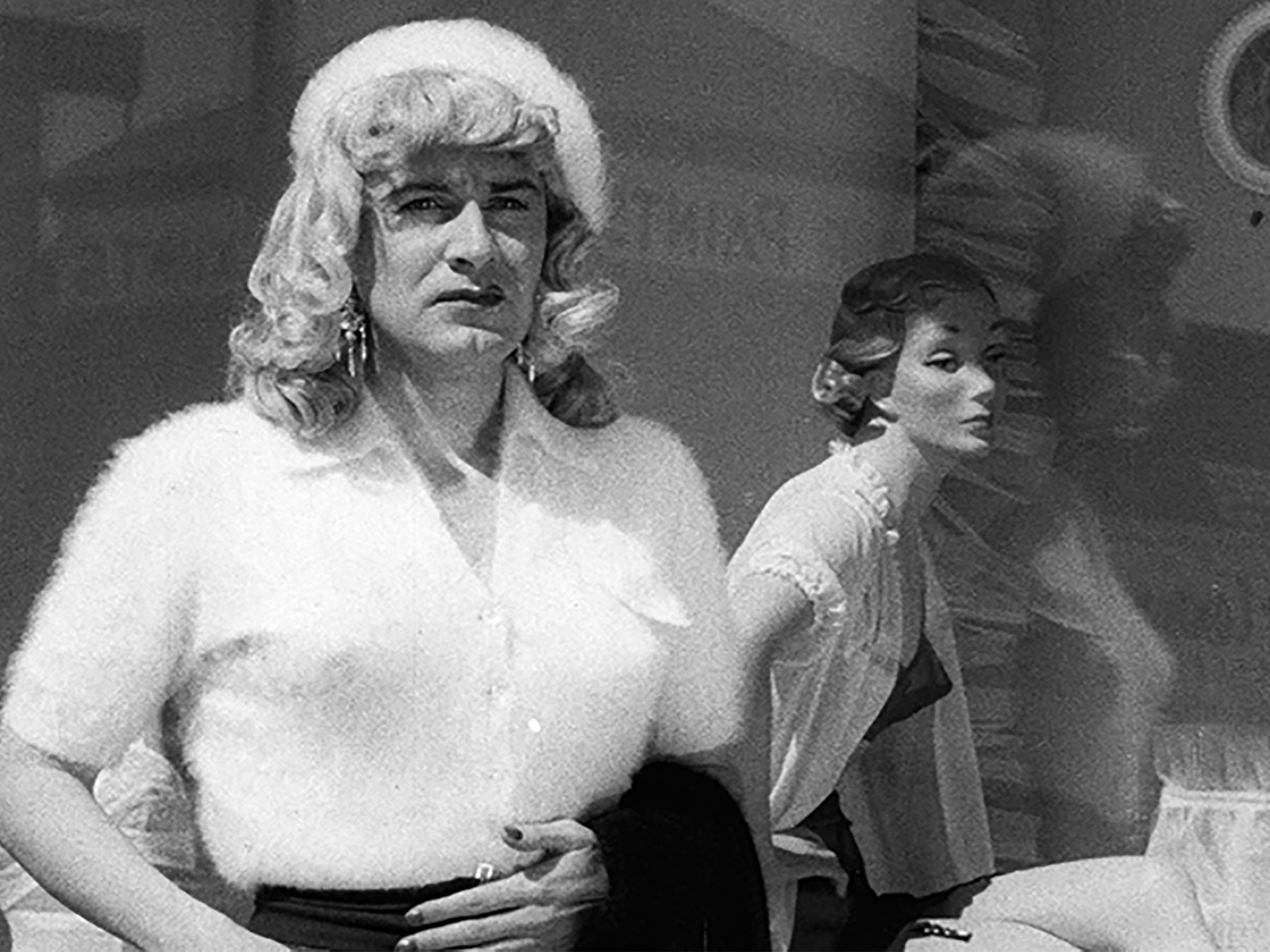
Ed Wood, daringly for the time, cast Bela Lugosi and Wood’s then-girlfriend, Dolores Fuller, in the docudrama Glen or Glenda (1953) about a cross-dressing Trans. Wood wrote, directed and acted in this cult film, largely believed to be semi-autobiographical.
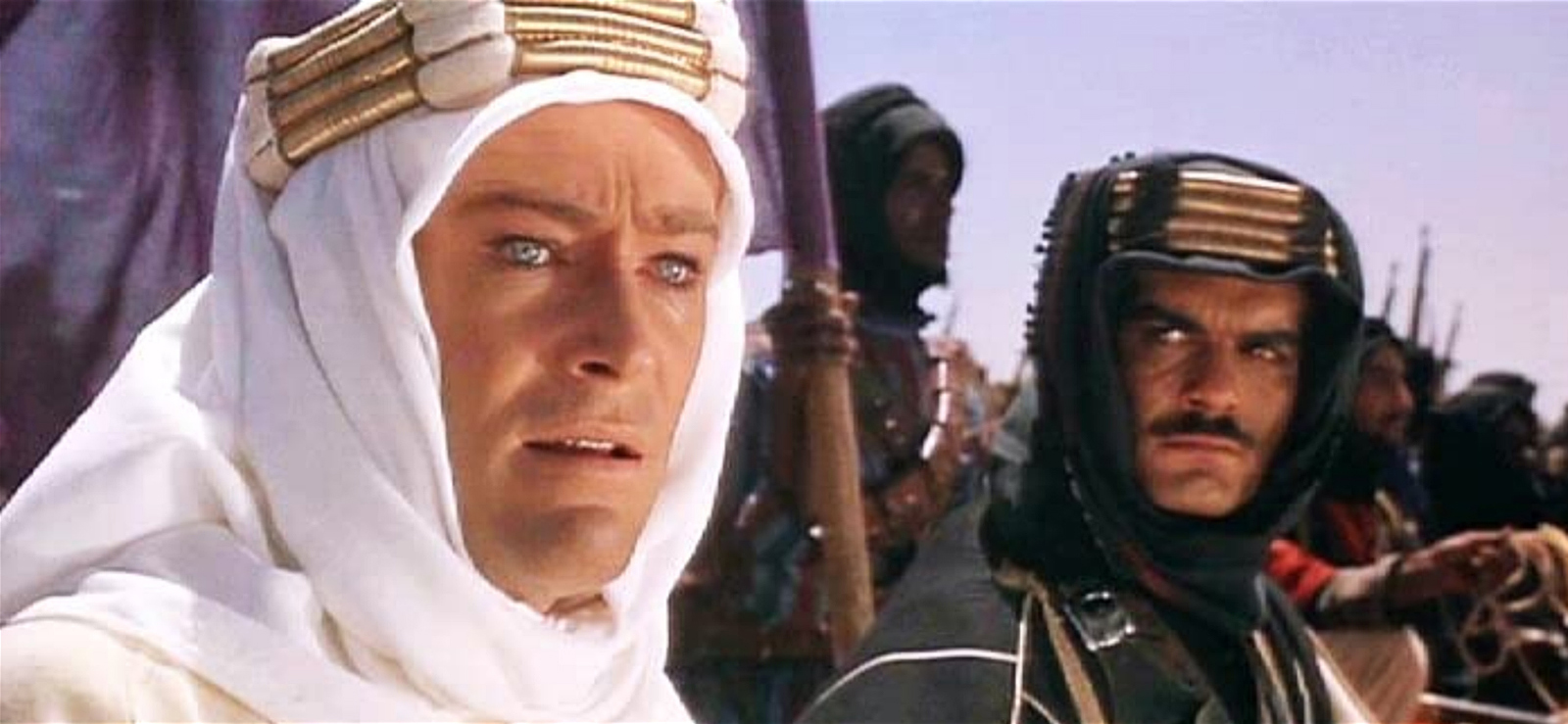
Considered one of the all-time greatest films, Lawrence of Arabia (1962) alludes to a gay connection between Lawrence (Peter O’Toole and Sharif Ali (Omar Sharif).
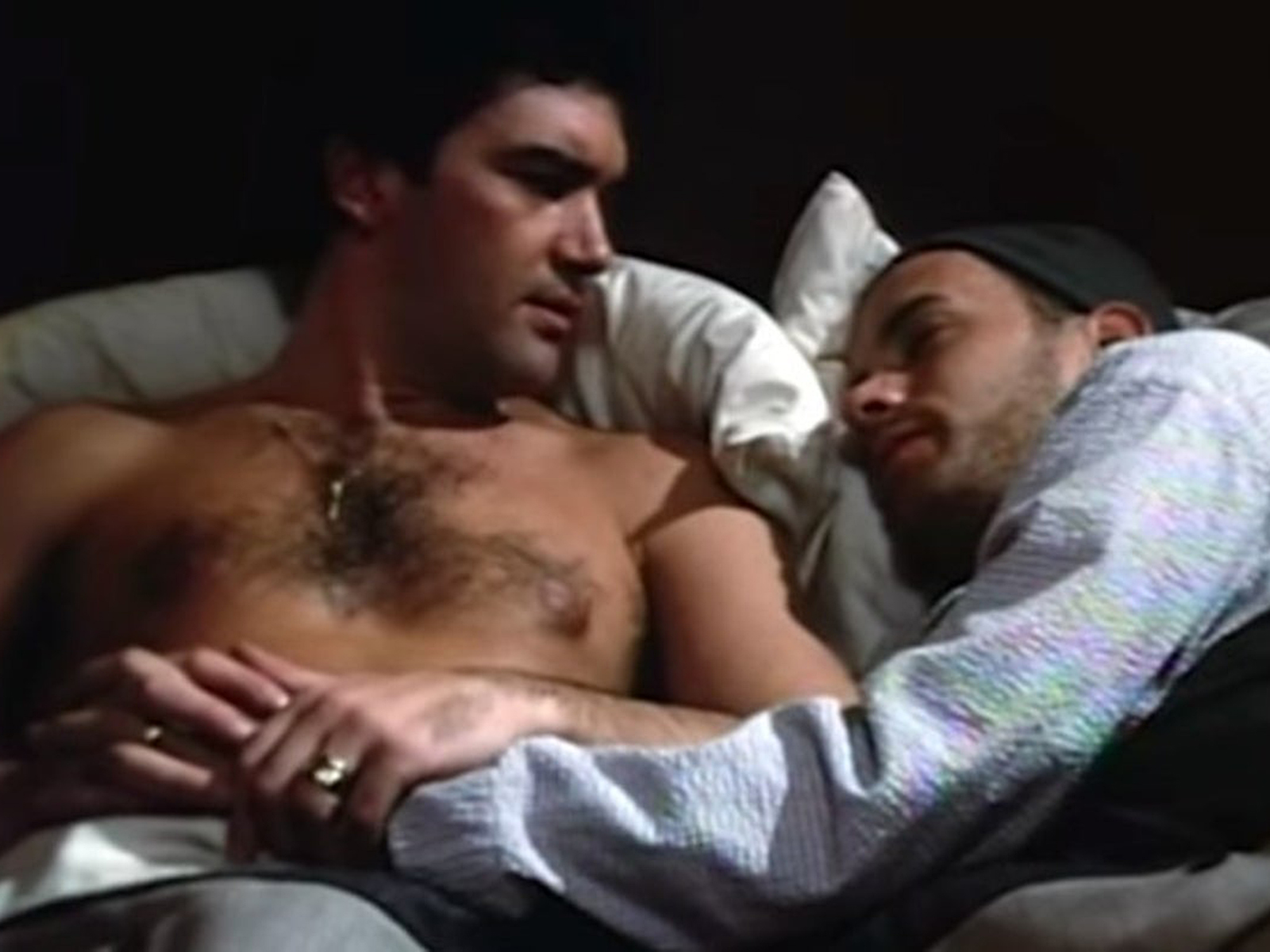
By the 90s the LGBTQ community was starting to reappear as central characters and not in alluded-to relationships, but in unmistakable ways. Philadelphia achieved awards and box office success, dealing with the AIDS crisis but also addressing the legal discrimination and inequity towards same-sex couples. The film stars Tom Hanks, Denzel Washington, and Antonio Banderas.
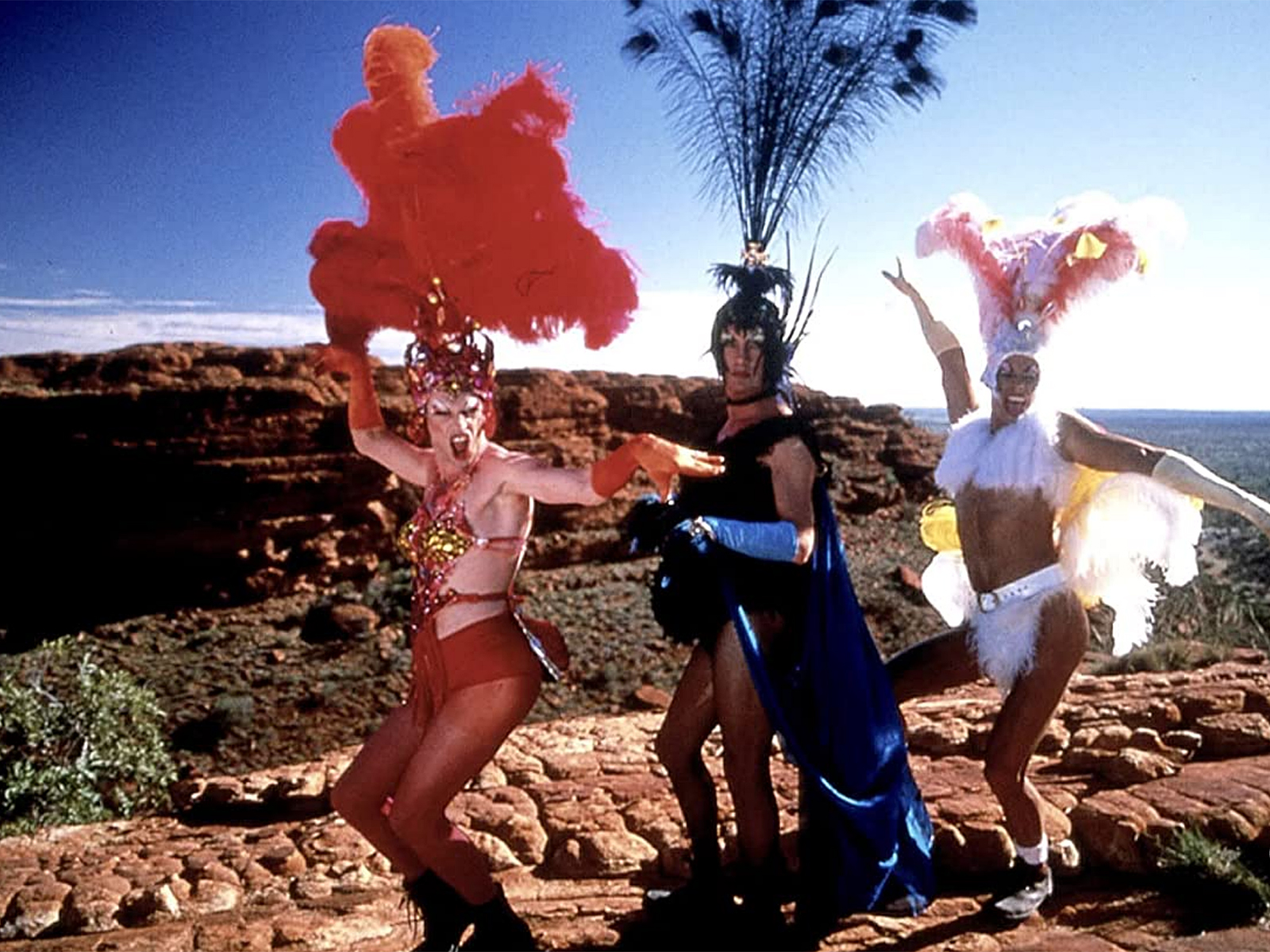
The Adventures of Priscilla, Queen of the Desert was deliberately buoyantly, a visually flamboyant set in beautiful vistas, sporting fantastic costumes. It told the story of trans, gay, cross-dressing performers traveling through the Australian desert and encountering both welcoming crowds and hostile homophobia. A world hit like Philadelphia, Priscilla heralded that audiences would turn up for good content, and studios should be more diverse in the stories they chose to tell.
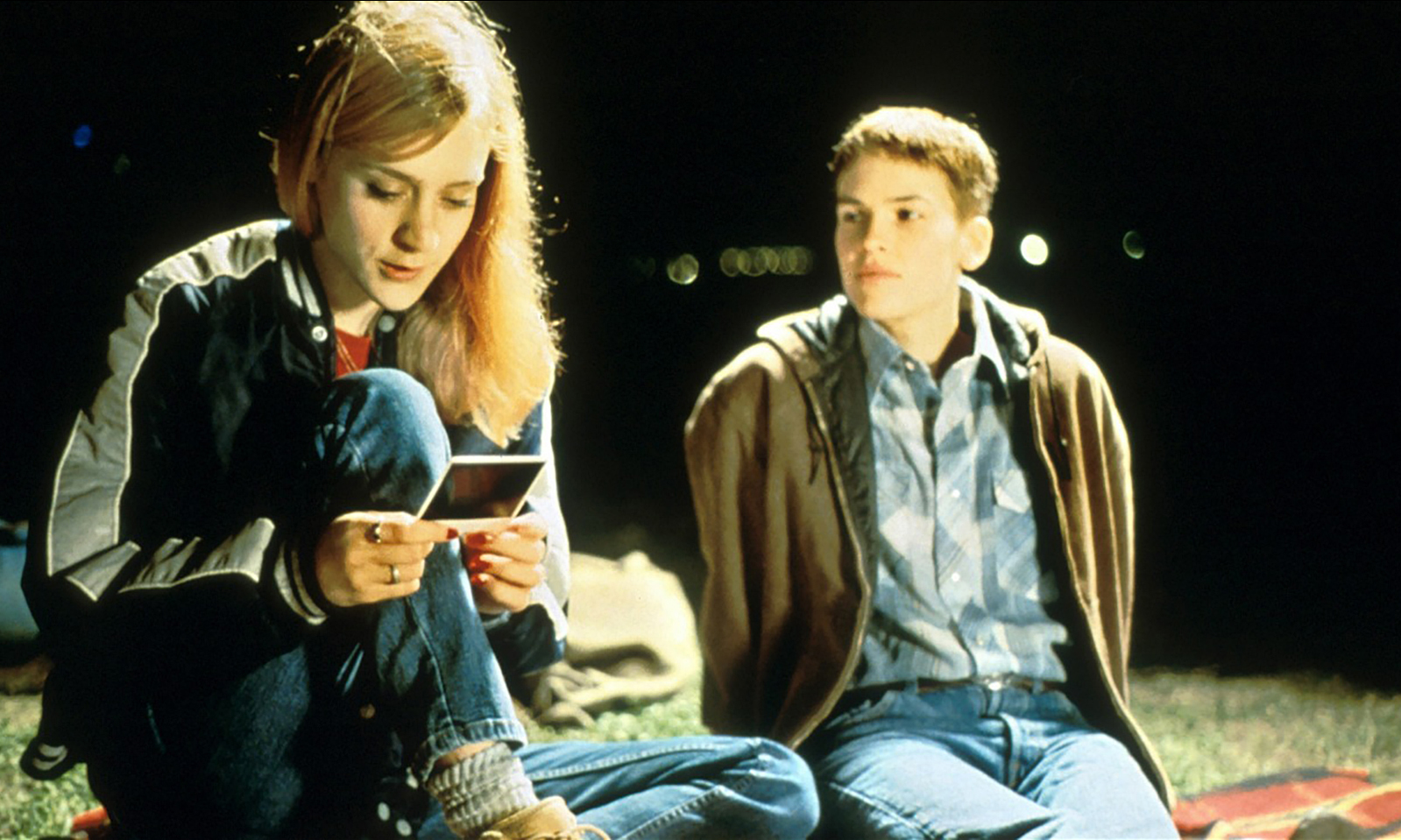
While men depicted in gay and trans stories moved into the mainstream, gender inequity meant that women in the LGBTQ domain were less exposed. Boys Don’t Cry (1999) changed that. With Golden Globe winner Hilary Swank as the young female-to-male transgender Brandon Teena and brilliantly directed by Kimberly Pierce, the award-winning film was notable for another anomaly of the age – a woman director. The film captures the fraught world and potential violence many in the LGBTQ community endure for merely having the courage to be themselves.

The Globes deservedly celebrated Brokeback Mountain with a Best Picture win, (though it failed to gain the same honor at the Oscars), for its sensitive and heartbreaking rendering of people who are not allowed to love each other because of society’s bias. Starring Heath Ledger, Jake Gyllenhaal, and Anne Hathaway in a riveting love story of quiet passion showed the consequences of people not being free to be who they are and love as they wish.
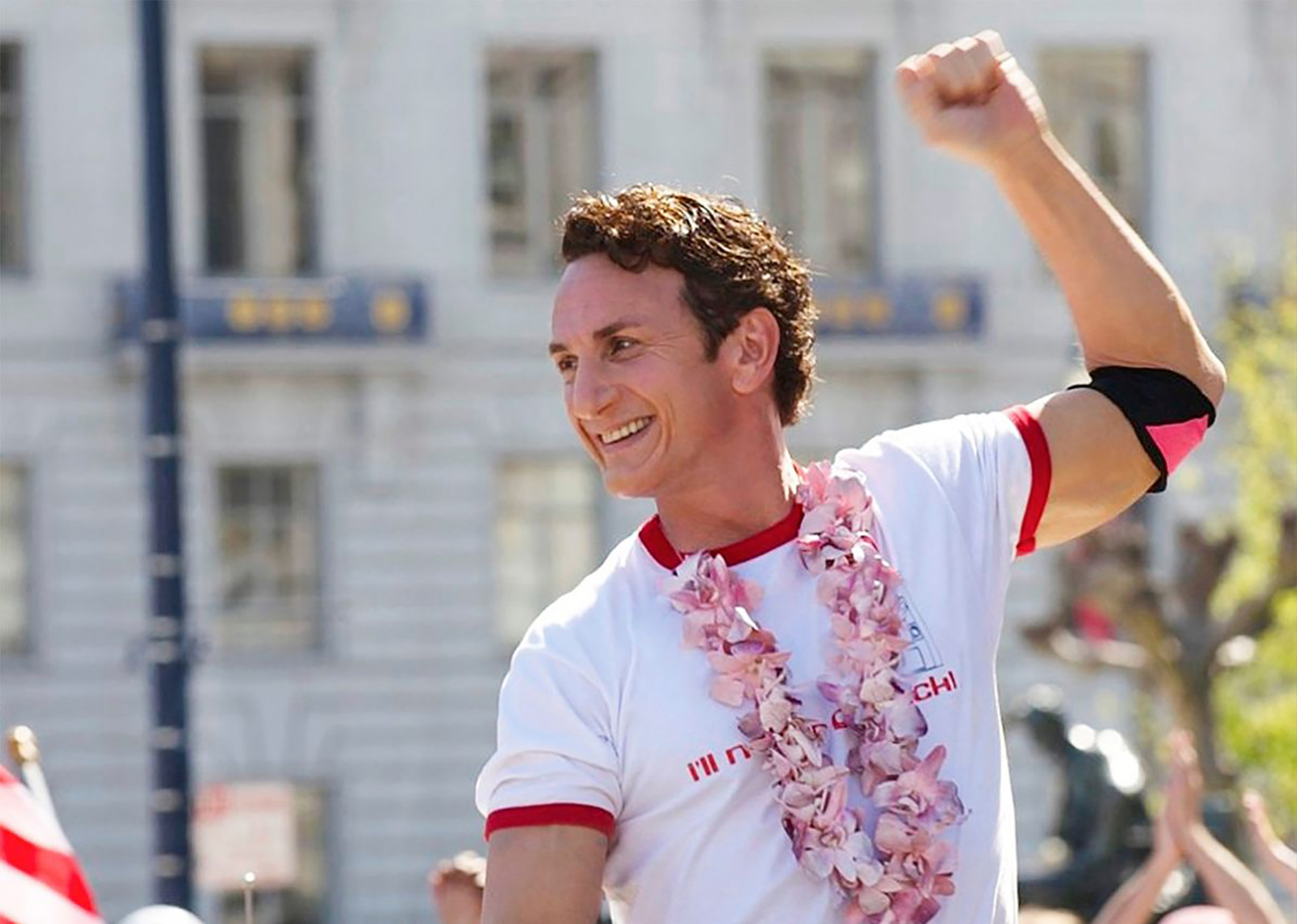
By 2008 enough progress had been made that Hollywood celebrated the first openly gay man elected to major public office in the film Milk, starring Sean Penn.
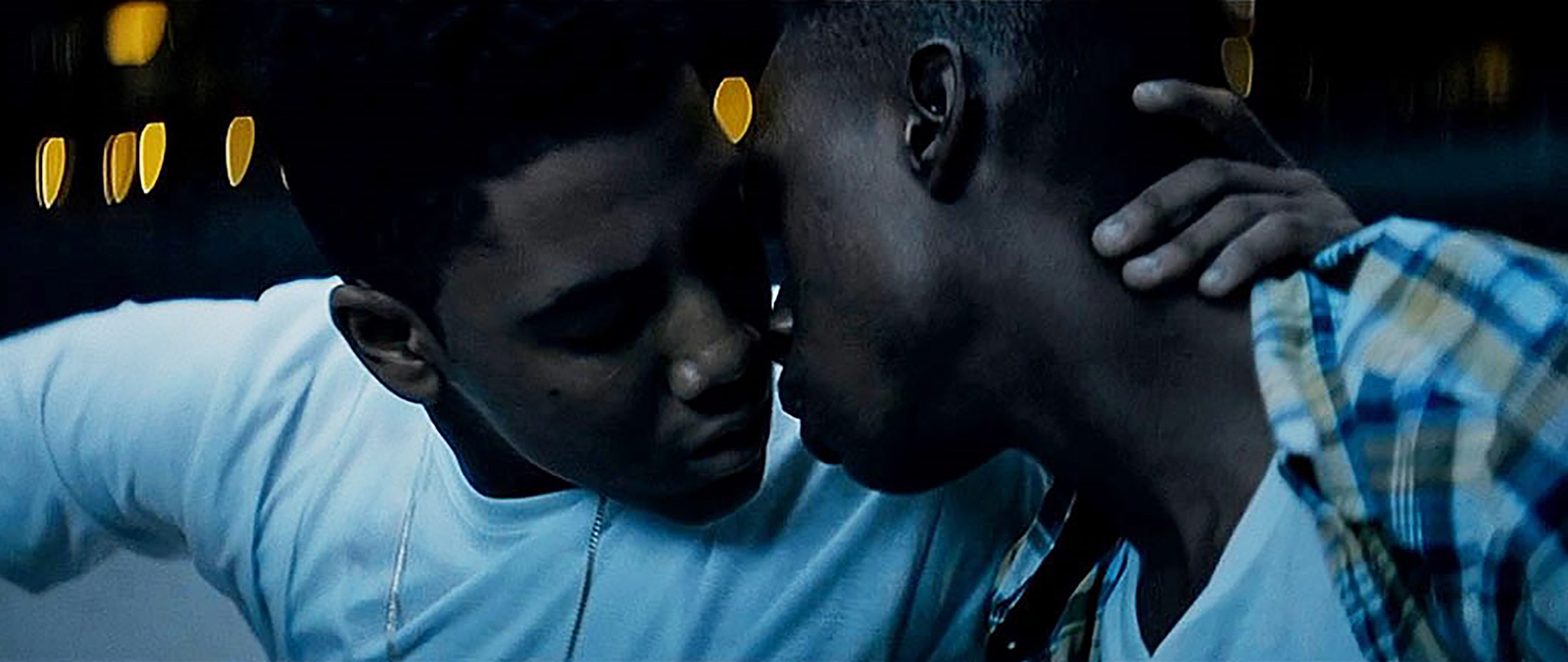
Moonlight was a watershed moment. Poignant, painful, lyrical, and stunningly shot, the film written and directed by Barry Jenkins swept the awards circuit. For Black Americans of the LGBTQ community Moonlight proved that their stories were successful amongst critics and audiences alike. Mahershala Ali became the first Muslim to win an Oscar, Joi McMillon the first Black woman to be nominated for editing (read her story in Women in Film), but it was the coming-of-age story of a young black person facing their sexuality and identity with which audiences connected.
Read Joi McMillon, Nomination Pioneer, Star of the Editing Bay
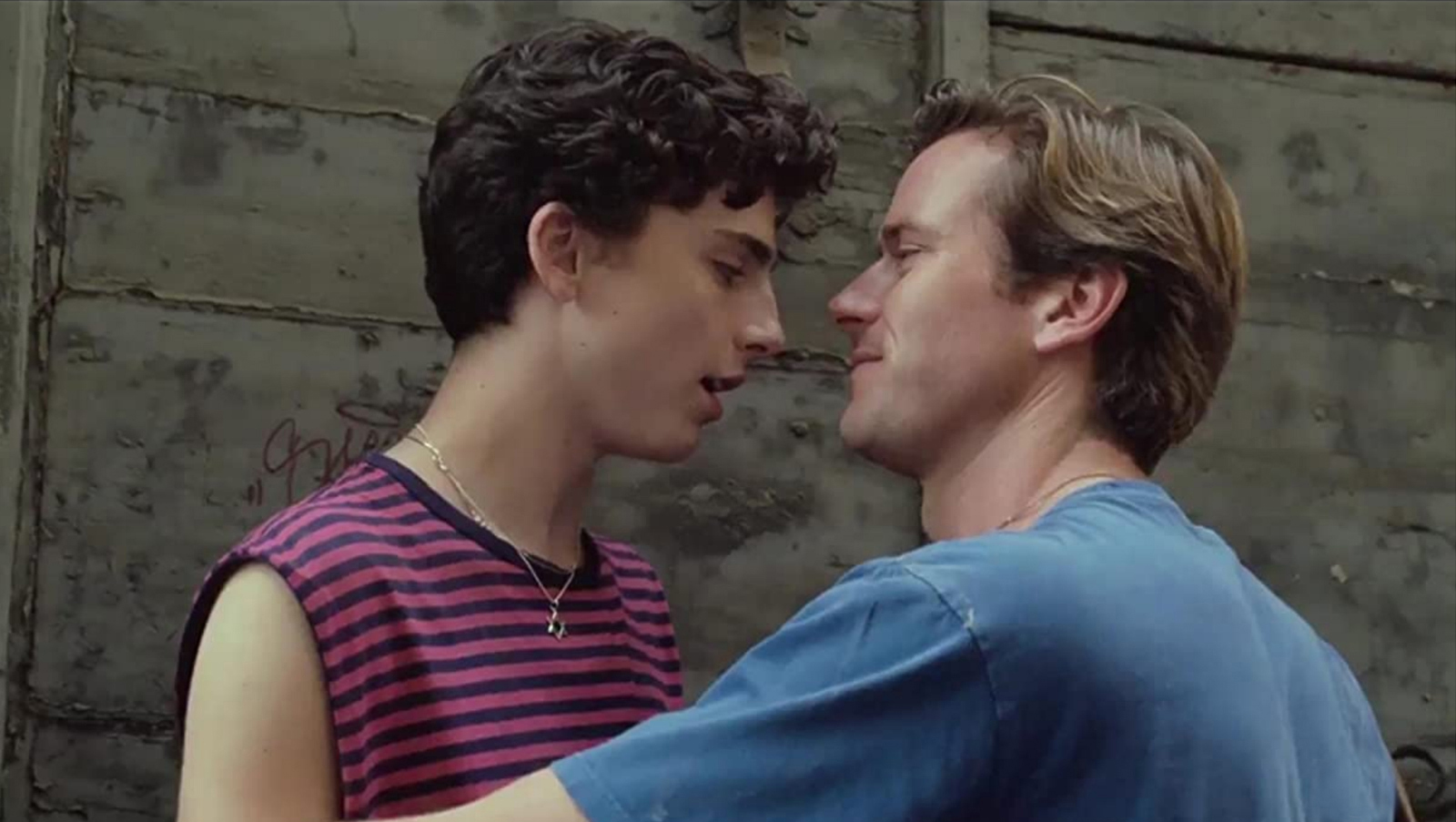
Timothée Chalamet and Armie Hammer in Call Me by Your Name (2017) broke new ground in the lushly filmed romance that captures the beauty and lust of two people falling in love.
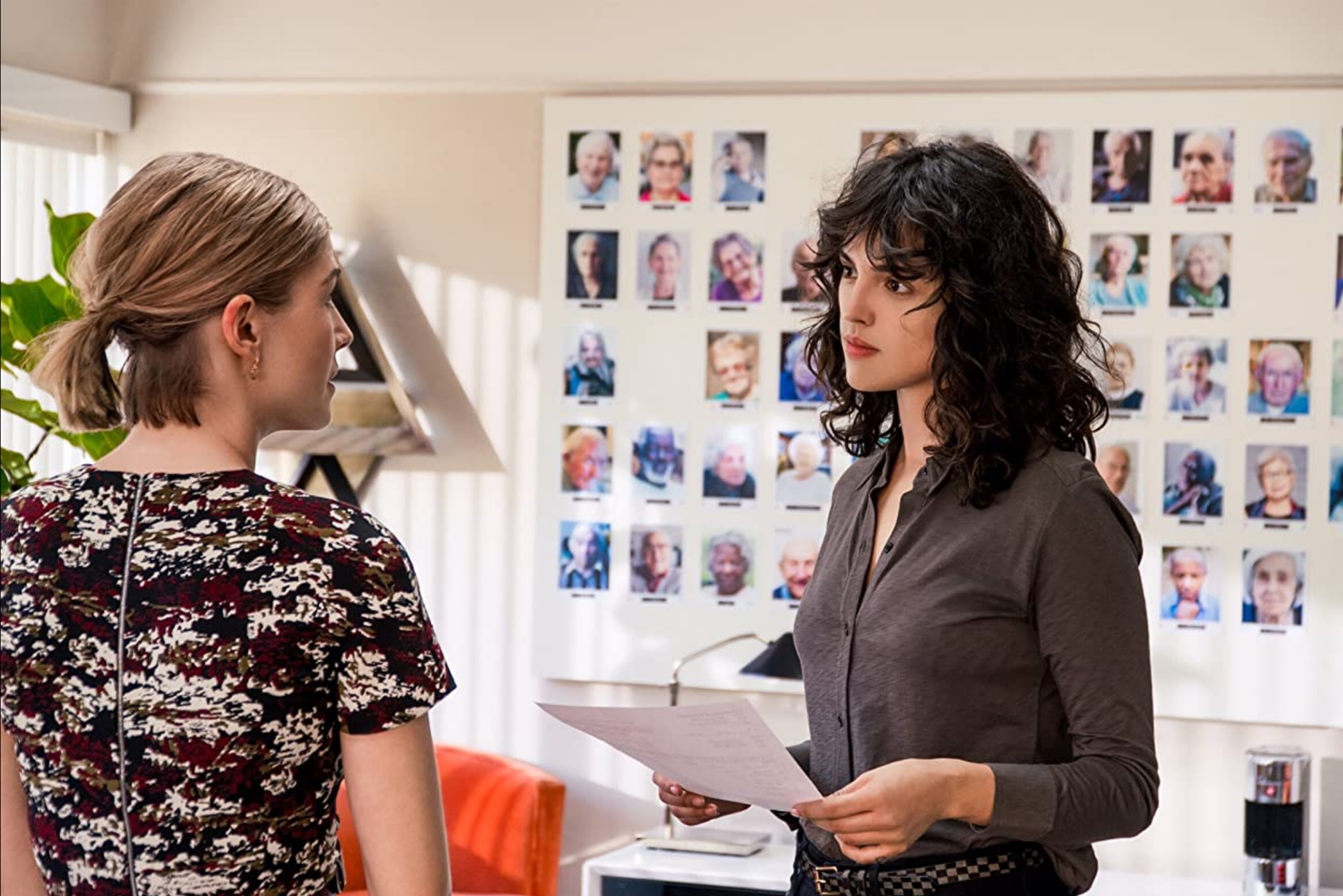
2021 found Rosamund Pike winning the Globe for her portrayal of a conniving con artist in I Care a Lot. Noteworthy was the realistic and casual manner in which her relationship with Eiza Gonzalez unfolded on screen, with the lesbian aspect being completely insignificant to the plot line.

